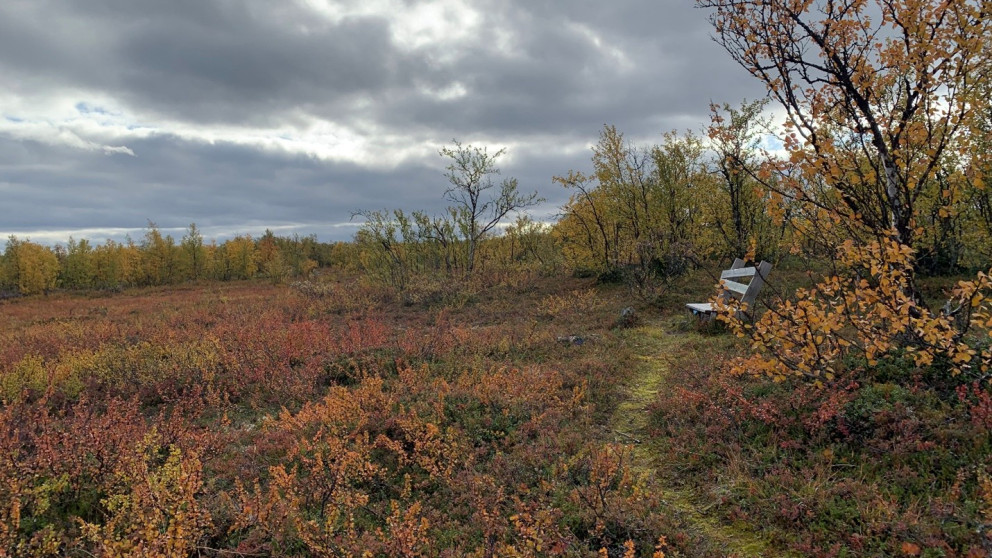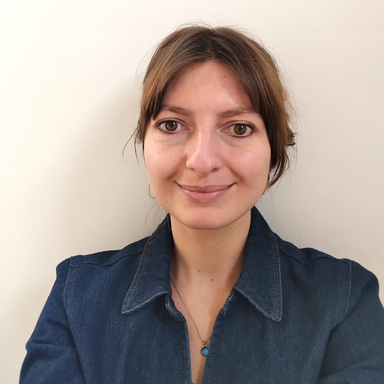Towards Indigenous-Led, Needs-Based Conservation Approaches to the Marine-Land Continuum in Sápmi (SIEMA)
Duration

"SIEMA: Towards Indigenous-led, needs based conservation approaches to the marine-land continuum in Sápmi" is a project that explores how to build capacity for the development of marine conservation research frameworks by and with Indigenous partners, grounded in the research needs and interests of Arctic communities. The name comes from the North Sámi word for “seed”, symbolizing beginnings that, with the right time and resources, can grow into life. It represents a research development stage which, if given adequate support, can lead to sustained and fruitful co-creative work.
By engaging closely with Indigenous communities and knowledge holders, SIEMA examines and advances approaches to biodiversity protection, conservation, and adaptation across the Arctic’s marine–land continuum. This includes a critical look at existing conservation practices and the ways they can be strengthened through Indigenous Knowledges, methodologies, and ontologies for the benefit of all.
Project approach
Putting SIEMA’s objectives into practice involves four complementary approaches that connect local priorities with regional and international conservation planning. These approaches emphasize knowledge co-production, informed decision-making, and biodiversity management tools shaped by Indigenous perspectives.
- Co-Producing Knowledge: Co-developing methods and infrastructures for knowledge exchange across knowledge systems and critically reflecting on the research process.
- Reviewing Existing Efforts: Assessing the presence of Indigenous Knowledges in Arctic marine and land-based biodiversity protection, conservation, and adaptation documents.
- Engaging Internationally: Centering Indigenous Knowledges, perspectives, and ways of managing in regional and international bodies for Arctic biodiversity conservation planning and management.
- Collaborating Locally: Broadening approaches to nature conservation and sustainability through Indigenous Knowledges and methodologies that reflect community priorities.
Funding information
SIEMA is one of three strands composing a larger project funded by the German Federal Agency for Nature Conservation (BfN) called DynARC: A pluralistic approach to dynamic marine conservation in the Arctic: Assessing the opportunities and limitations of adaptive management of area-based measures for the protection and sustainable use of Arctic marine ecosystems under conditions of climate change. In the rapidly changing Arctic, most spatial management instruments are mainly used for “static” areas. TO better account for the fluidity of the features marine management concepts are meant to protect, DynARC evaluates potentials, challenges and limitations of concepts for dynamic spatial protection and adaptive management approaches from three work strands: (1) governance and resource-economics, (2) legal aspects, and (3) Indigenous Knowledges, methodologies, and ontologies.



